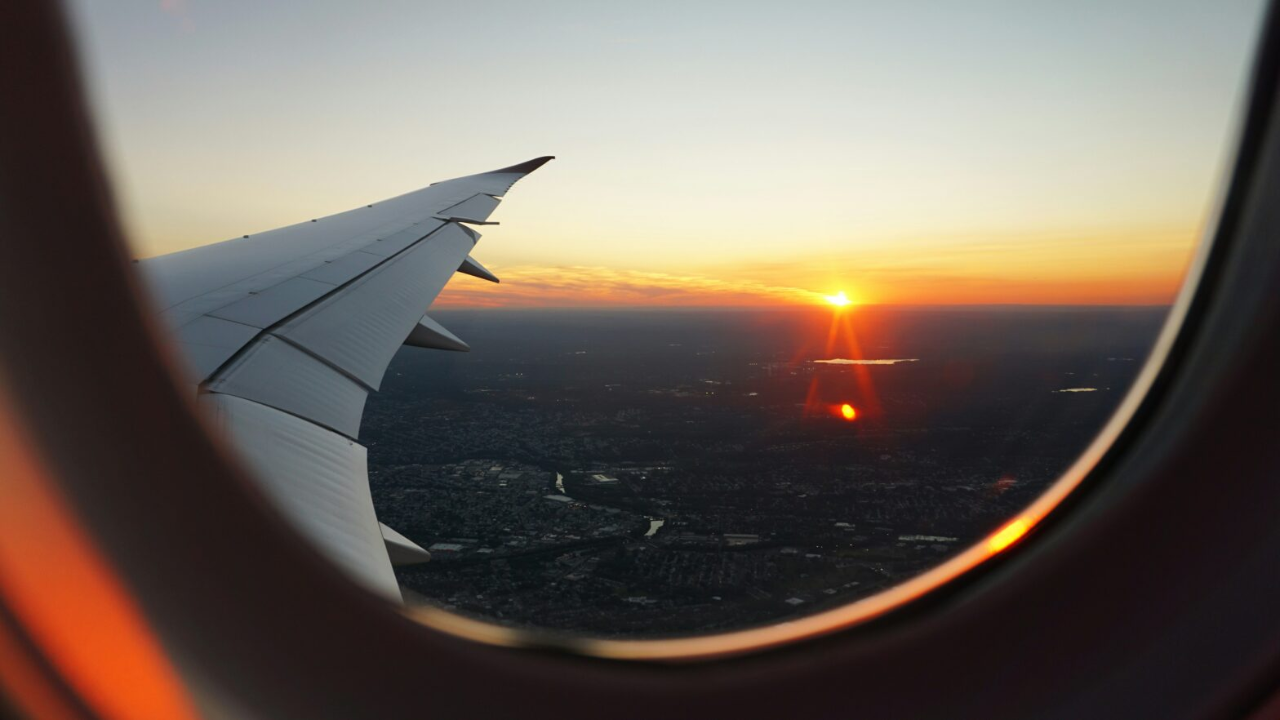Travel between Canada and the U.S. took a major hit this February. According to data from U.S. Customs and Border Protection, nearly half a million fewer Canadians crossed the land border into the U.S. compared to the same time last year.
That’s a dramatic drop – one we haven’t seen since the peak of Covid-19 border shutdowns.
Len Saunders, an immigration lawyer in Washington State near the Canadian border, summed it up well: “This is like Covid all over again.”
He says rising anti-Canada rhetoric, especially from former President Donald Trump, is discouraging Canadians from visiting.
And it’s not just land travel that’s taken a hit. Canadian airlines like Air Canada, WestJet, and even U.S.-based United Airlines have all reduced flight routes due to low demand. The number of Canadians flying back from the U.S. in February dropped by over 13%.
Billions in Lost Revenue and Thousands of Jobs at Risk
The U.S. Travel Association warns that even a 10% drop in Canadian visitors could result in:
- 2 million fewer trips,
- $2.1 billion in lost tourist spending,
- And 14,000 jobs gone in the tourism and hospitality sector.
Canada is, after all, America’s biggest source of international visitors — over 20 million came to the U.S. in 2024 alone.
What’s Behind the Decline?
There are several reasons Canadians are avoiding trips to the U.S. right now:
- Tense Politics and Border Experiences:
Comments about Canada becoming the “51st state,” threats of annexation, and real reports of Canadians being detained by U.S. immigration officials have made many feel unwelcome — or even unsafe. One Vancouver woman was reportedly detained by ICE for two weeks. - New Border Rules:
As of April 11, Canadians planning to stay in the U.S. for more than 30 days must now register with the U.S. government. - Economic Pressure:
Though the Canadian dollar (the loonie) has rebounded a bit, it hit a 20-year low when Trump announced new tariffs, making U.S. travel more expensive. But some experts say this isn’t just about currency. Barbara Barrett, who heads the Frontier Duty Free Association, says it’s the overall political climate and anti-tariff frustration that’s causing this sharp decline in travel. - Safety and Human Rights Concerns:
Several countries — including the U.K., Germany, and Canada itself — have updated their travel advisories for the U.S., especially related to immigration, identity checks, and gender identification issues.
It’s Not Just Canadians
Travel in general is slowing down. The Trump administration’s trade wars are having ripple effects. Domestic tourism is slumping, too.
A report from Bank of America shows weaker spending on hotels, flights, and tourist activities. Consumers are more cautious, especially with economic uncertainty and inflation looming.
How Does This Affect U.S. Travelers?
If you’re in the U.S. and planning a trip, here’s how things might change:
- Prices Might Rise: Tariffs could eventually increase travel costs — including airfare and hotel prices — especially if U.S. manufacturers like Boeing pass their higher costs to airlines.
- Recession Could Lower Travel Prices: On the flip side, if a recession hits, demand for travel might fall. That could lead to cheaper airline tickets and hotel deals.
- National Park Challenges: With over 1,000 park employees laid off, expect delays or fewer services if you’re heading outdoors. Plan if you’re visiting popular parks.
- Gas Prices Are Rising: Road trips in the U.S. or Europe might become more expensive. Consider using trains in Europe where possible — it might be cheaper and more convenient.
Smart Travel Tips in Uncertain Times
Here’s how to stay ahead of the curve when planning travel during these uncertain times:
- Book Early:
Prices could go up quickly. Lock in deals for flights and hotels as early as possible. - Use Travel Rewards:
Got frequent flyer miles or credit card points? Use them now to save on upcoming trips. - Shop for Travel Cards:
Look out for credit card offers with big travel bonuses. Many cards offer free flights, hotel stays, or cashback when you sign up and meet spending requirements. - Create a Travel Fund:
Instead of charging everything to your credit card, consider building a “travel fund” in a high-interest savings account. That way, your vacation won’t add financial stress later. - Travel Where It Helps Most:
Some places, like Florida, which rely heavily on Canadian tourists, may offer lower prices to attract domestic travelers. You’ll likely get better deals and help local businesses in the process. - Talk to a Financial Advisor:
With inflation rising and the economy uncertain, it’s a good idea to review your financial plans. Adjusting your portfolio, boosting your emergency savings, and planning for travel can all help you stay financially stable.
Disclaimer- Our team has thoroughly fact-checked this article to ensure its accuracy and maintain its credibility. We are committed to providing honest and reliable content for our readers.






